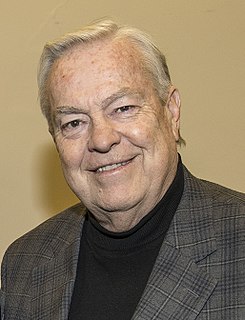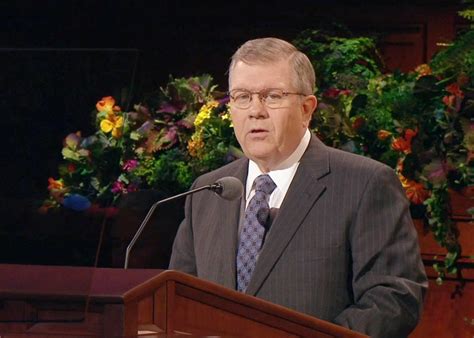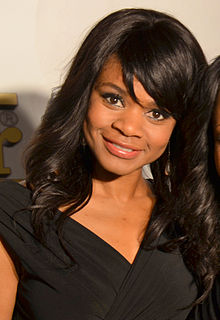A Quote by Paul Haggis
I like to really respect the audience and let them come through on answers.
Related Quotes
Unlike in school, in life you don't have to come up with all the right answers. You can ask the people around you for help - or even ask them to do the things you don't do well. In other words, there is almost no reason not to succeed if you take the attitude of 1) total flexibility - good answers can come from anyone or anywhere (and in fact, as I have mentioned, there are far more good answers 'out there' than there are in you) and 2) total accountability: regardless of where the good answers come from, it's your job to find them.
You can make a film in a way that, when the audience leaves the theater, they leave with certain answers in their head. But when you leave them with answers, you interrupt the process of thinking. If, instead, you raise questions about the themes and the story, this means that the audience is on its way to start thinking.
While testimonies can come as dramatic manifestations, they usually do not. Sometimes people think they need to have an experience like Joseph Smith's vision before they gain testimonies. If we have unrealistic expectations of how, when, or where answers come, we risk missing the answers which come as quiet, reassuring feelings and thoughts that most often come after our prayers, while we are doing something else. These answers can be equally convincing and powerful.
If you come to me and say, 'Hey look I'm a racist,' or 'I discriminate against blacks,' or 'I don't like you because you're African American,' I respect that. I can respect you more by doing that. But don't smile in my face, shake my hand, and then you don't really respect me, or want me to be around, or come to your games as the owner of the Clippers.
What I don't know is whether there is a way politically that you can beat away these, some of these populist movements because in the end I don't think they really do provide answers. They ride the anger. But they don't really have the answers. Or whether this is an experiment we're just going to have to go through first.
Losing It Some days I think I'm losing my mind. What seems so clear most of the time becomes a big question mark. Am I really the way I percieve myself, or is the person others see the truth of me? I wait for answers, but inside I know I have to go out and find them. And answers like knowledge, are not always where we first look for them.
Well, besides being entertained, I’d like to move them emotionally. I mean I really want to uplift them. I want to look down at the audience, and this is personal experiences now I’m going to tell you. It’s like you look down at the audience and see people smiling, crying, hugging each other. I want them on their way home to feel empowered like they can do anything.






































